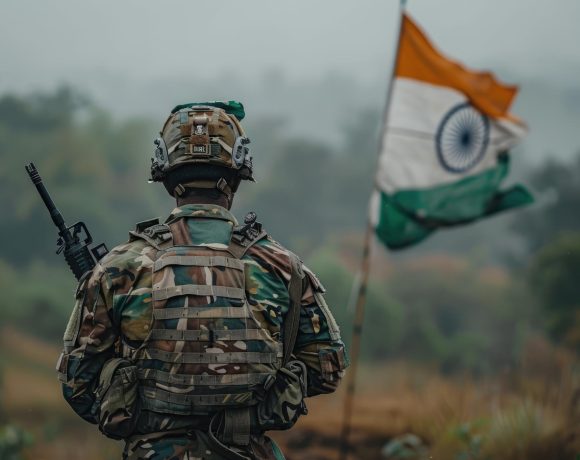
India Bans Pakistani Ships, Tightens Maritime Restrictions Post-Pahalgam Attack
Following the deadly terror attack in Pahalgam that claimed the lives of 26 tourists, the Indian government has taken a bold step by banning all Pakistani-flagged ships from entering Indian ports. The Ministry of Ports, Shipping and Waterways confirmed the decision, stating that this move is aimed at securing India’s maritime domain and asserting its position against continued cross-border terrorism.
Under the provisions of Section 411 of the Merchant Shipping Act, 1958, Indian-flagged ships are also now restricted from docking at Pakistani ports. The restrictions take immediate effect, with any exemptions to be granted only under extraordinary circumstances after a strict case-by-case evaluation. The government cited national interest and the protection of vital infrastructure as the driving force behind the move.
This action forms part of a wider package of retaliatory measures taken by India in response to the Pahalgam attack. These include suspension of the Indus Waters Treaty, closure of the Integrated Check Post at Attari, and a significant reduction in diplomatic personnel at both nations’ High Commissions.
Further economic sanctions have also been introduced. The Ministry of Commerce has imposed a total ban on all imports from Pakistan, including indirect imports routed through third countries. The goal is clear: to economically and diplomatically isolate Pakistan in the aftermath of the brutal attack.
The Pahalgam incident, which saw unarmed tourists targeted by armed terrorists, has sharply escalated tensions between the two nuclear-armed neighbours. While India maintains that the attackers had backing from across the border, Pakistan has denied involvement and retaliated by shutting down its airspace to Indian aircraft and expelling Indian diplomats.
With these rising hostilities, the global community has urged both nations to exercise restraint. However, India’s recent actions underline a policy shift—no longer limited to diplomatic statements, but now backed by targeted economic and strategic countermeasures.


















